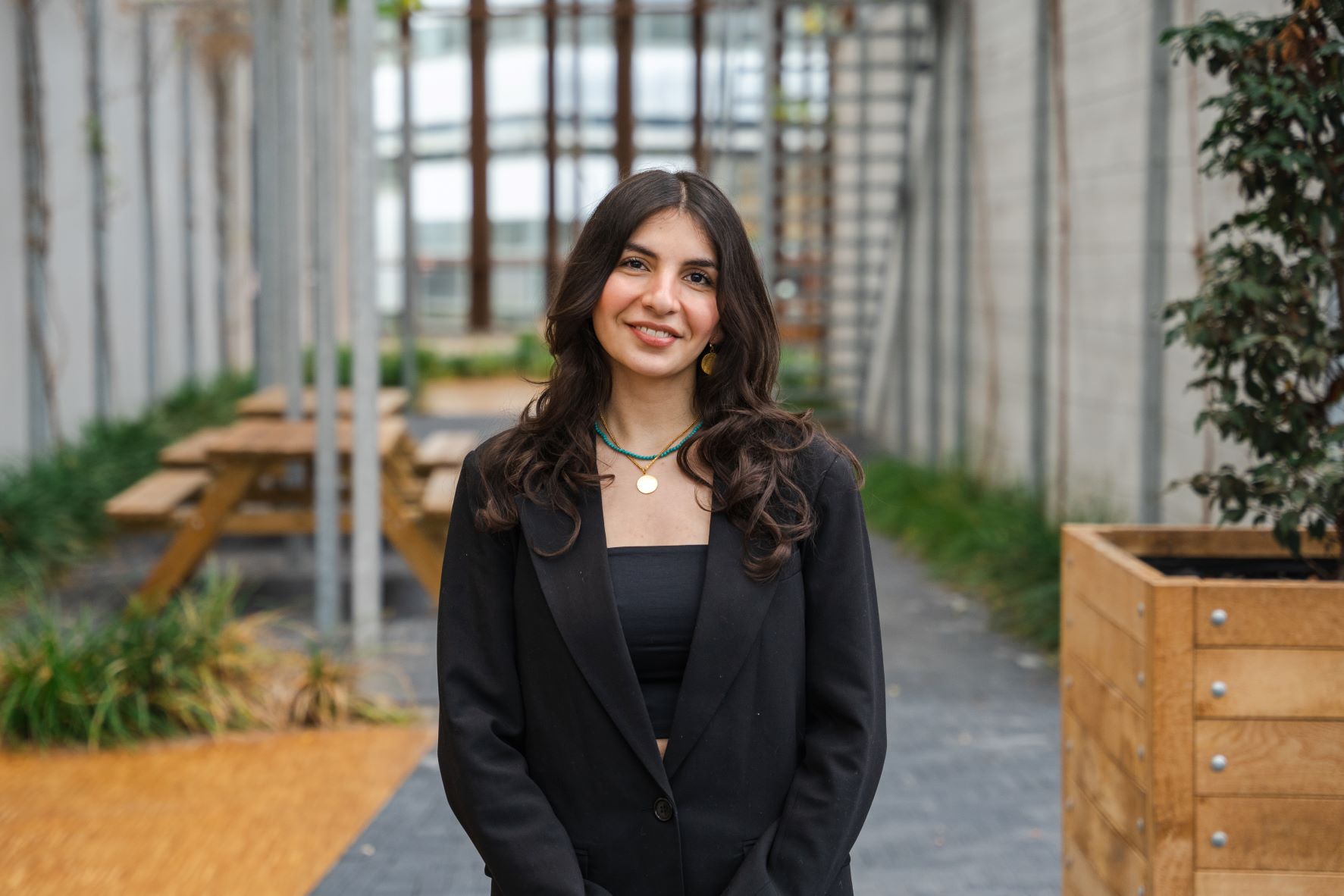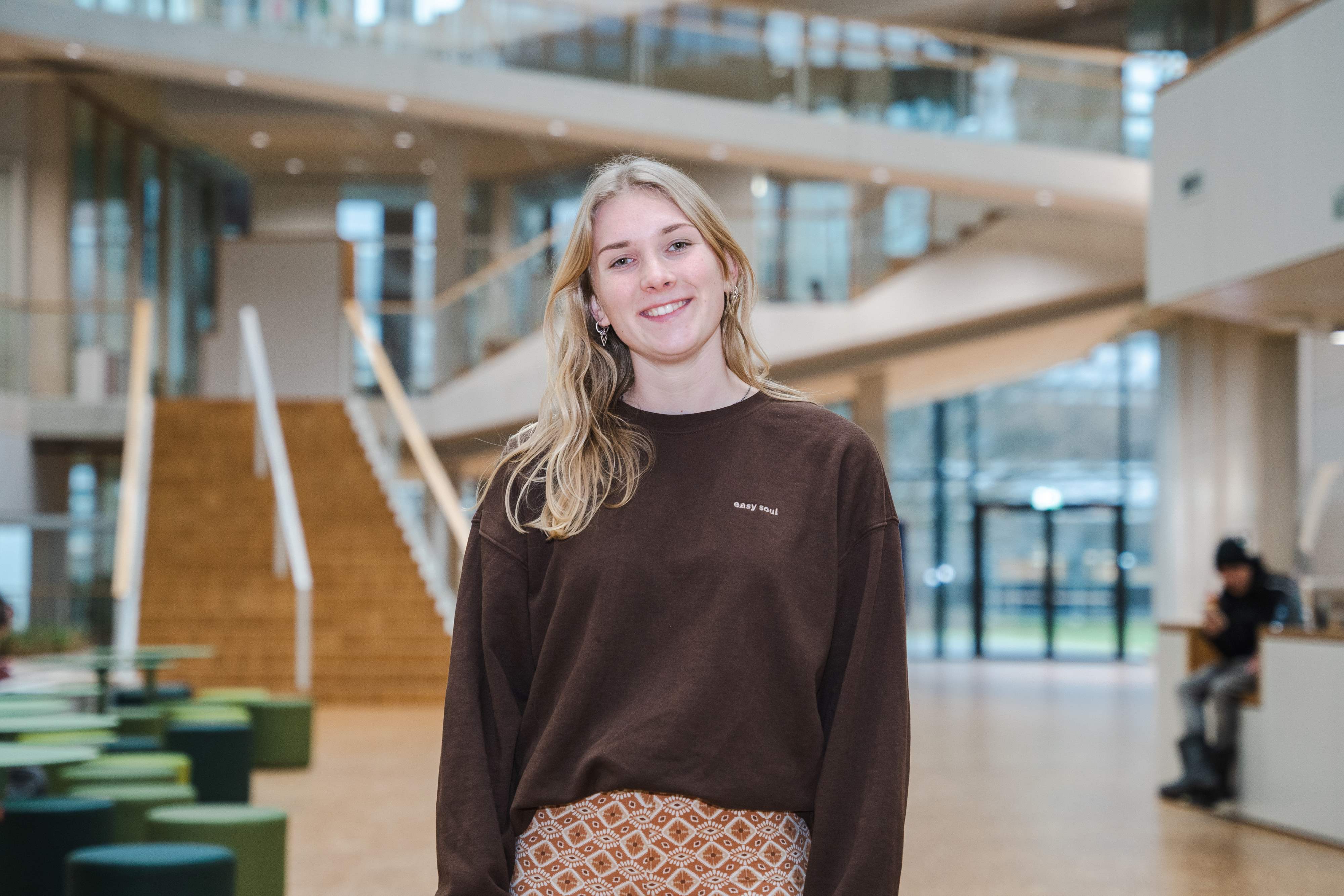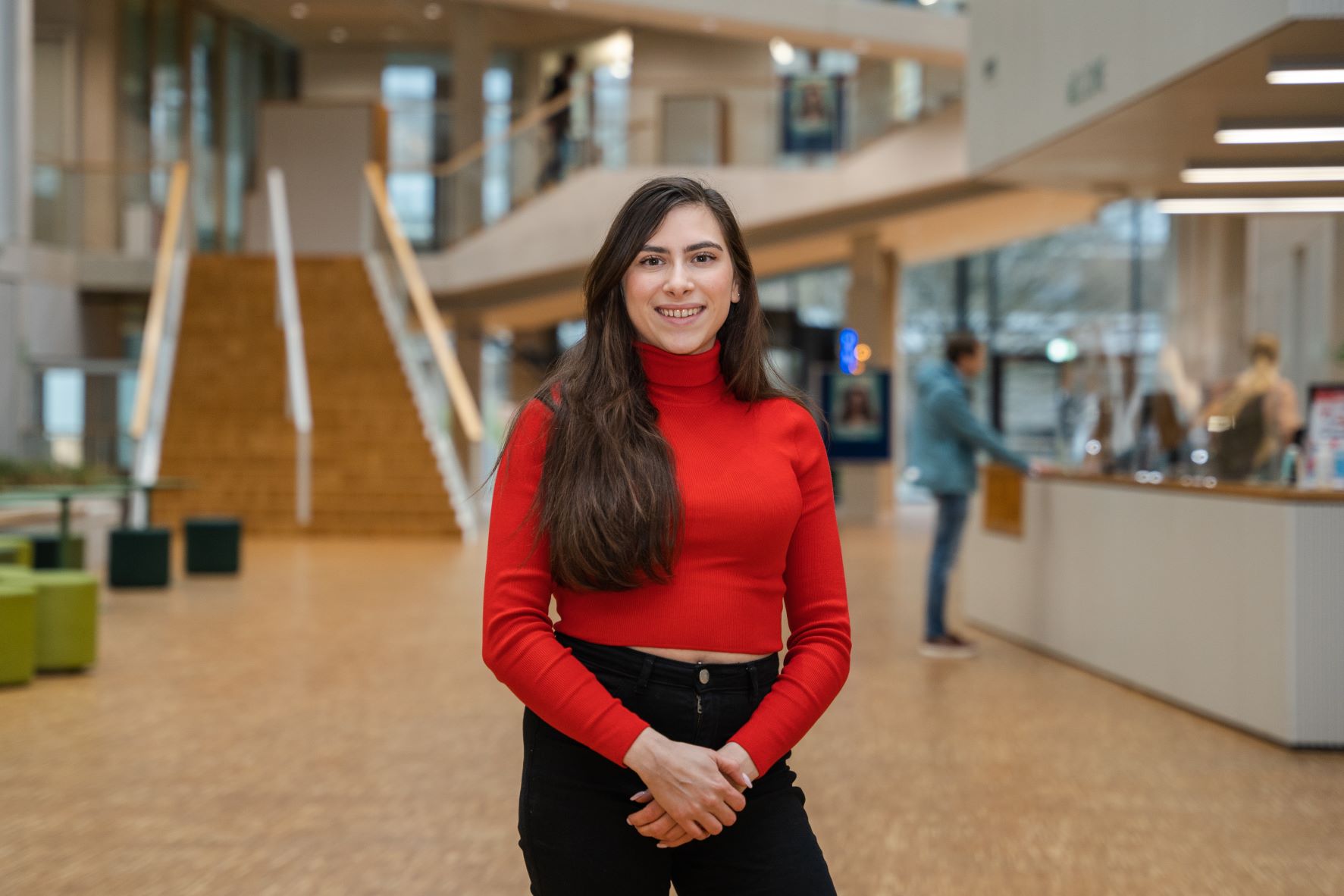track Biomaterials Science and Engineering
This track is concerned with the design, development, analysis, assessment and application of innovative biomaterials for body function restoration and enhancement of implant efficacy.
Biomaterials are increasingly used in modern medical practice to realize solid implants such as metals, polymers, but also hydrogels and soft and porous materials used in e.g. orthopedics, dentistry/orthodontics, ophthalmology, cardio-vascular medicine and in scaffolds for tissue engineering. The BSE track focuses on biomaterial innovations (including manufacturing) and application of existing biomaterials for the use as scaffolds, coatings, micro- and nano-sized particles that enables efficient antimicrobial or therapeutic drug delivery, lubrication, diagnosis and tissue engineering, tissue models, organs-on-a-chip. A particular focus is on how medical materials behave inside the body, how microorganisms and mammalian cells/tissue cells interact with the materials, and how we can utilize and direct these interactions to enhance medical treatments
The track BSE focuses on the joined venture of materials, biology, and medicine and can be divided into three themes:
The first focus is on the characteristics and application of biomaterials in modern medicine (Biomaterials 2). Special emphasis is given on the physico-chemical surface characteristics (Surface Characterisation) and the related lubricating, chemical, colloidal and mechanical properties and technologies (Engineering & Biotribology) .
The second focus is on the biology of the biomaterial interface with human tissue. (Interface Biology) It addresses the foreign body reaction against implanted biomaterials, and emphasizes the effect of biomaterial surface characteristics on tissue integration and cellular response (Colloid and Interface Science), both having impact on tissue engineering, regenerative medicine, drug delivery and diagnosis. Special attention is given to microbial biofilm formation causing infection during biomaterial applications (Biofilms).
The third focus is hands-on experience where theory is put to the test and connected to future developments. It first entails a practical lab-training, in particular on the characterization of biomaterials and the use of sophisticated lab instruments (Integrated Lab Course in Biomaterials). A training in multidisciplinary and integrative analysis of recent biomaterial literature will provide insight in the route towards clinical application and further stimulate independent thinking and a critical attitude in science and engineering (Recent Developments in Biomaterials).
During the curriculum, various general academic and research qualities are taught as well as creating independent thinking and critical assessment of developments, which also provide a solid basis for any R&D related career. General courses support all three themes: Matlab for BME, Optical Imaging, Statistical Methods for BME, Technology & Ethics.
At the end the students that followed the track BSE will be optimally prepared for internships in the first year of the Master's and Master's project in the second year of the Master's. At every stage, integration between knowledge and practice will be performed as knowledge in both industry and academia is taught through experimental approaches founded on well-structured and formulated questions and research design.
For the complete curriculum, please see: https://ocasys.rug.nl/current/catalog/programme/66226-5515







